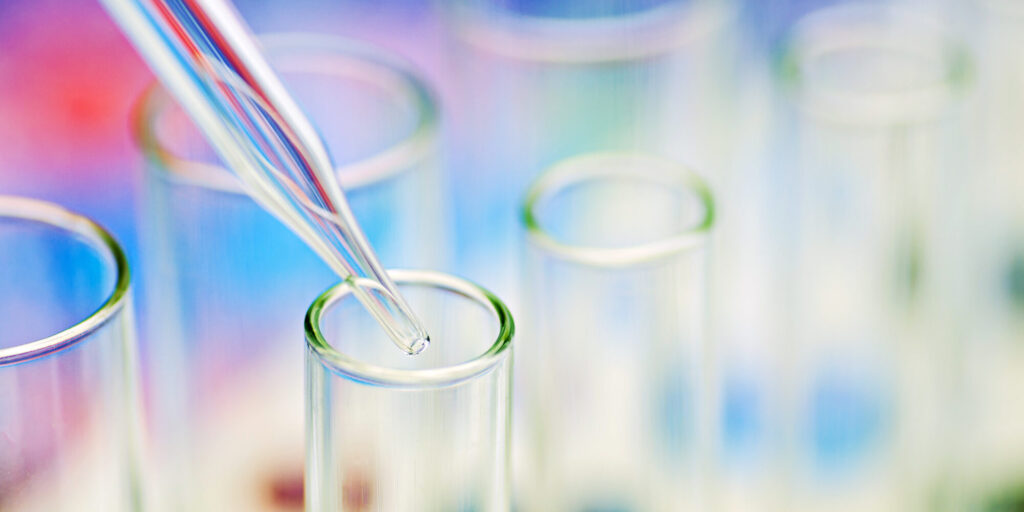PGD(Pre Genetic Diagnosis)

PGD is a specialized genetic testing procedure used during in vitro fertilization (IVF) to identify embryos at risk of inheriting specific genetic disorders. By analyzing embryos before they are implanted, PGD helps select embryos free from genetic abnormalities, increasing the chances of a successful pregnancy and reducing the risk of passing on hereditary conditions.
Why Consider PGD?
PGD is recommended for couples with a known family history of genetic disorders, those carriers of genetic mutations, or individuals concerned about potential genetic risks to their offspring. It allows for informed decision-making regarding embryo selection during IVF, promoting healthier pregnancies and reducing the likelihood of passing on inherited diseases.
How Does PGD Work?
-
Embryo Biopsy: Following fertilization, a small number of cells are extracted from each embryo.
-
Genetic Analysis: The extracted cells undergo genetic testing to detect specific genetic mutations or chromosomal abnormalities linked to inherited diseases.
-
Embryo Selection: Based on the PGD results, embryos without the identified genetic disorders are selected for transfer into the uterus during IVF.
Conditions Screened with PGD: PGD can screen for a wide range of genetic disorders, including cystic fibrosis, Huntington’s disease, sickle cell anemia, and many others. The specific conditions tested for depend on the genetic history and concerns of the individuals undergoing IVF.
Benefits of PGD:
- Reduced Risk of Genetic Disorders: By selecting embryos free from specific genetic mutations, PGD lowers the chance of passing on inherited diseases to future generations.
- Increased IVF Success Rates: Choosing genetically healthy embryos enhances implantation rates and reduces the likelihood of miscarriage.
- Personalized Family Planning: PGD allows couples to make informed decisions about their reproductive options and future family goals based on genetic insights.
Considerations and Limitations:
While PGD offers significant advantages, it does not guarantee pregnancy success in all cases. Factors such as embryo quality, maternal age, and other fertility issues can impact outcomes. Additionally, PGD may not detect all genetic conditions or provide information about complex genetic traits.
PGD represents a remarkable advancement in reproductive technology, providing individuals and couples with the ability to pursue family building with greater confidence and reduced genetic risk. By incorporating PGD into IVF treatment, individuals can take proactive steps towards creating a healthy family.

